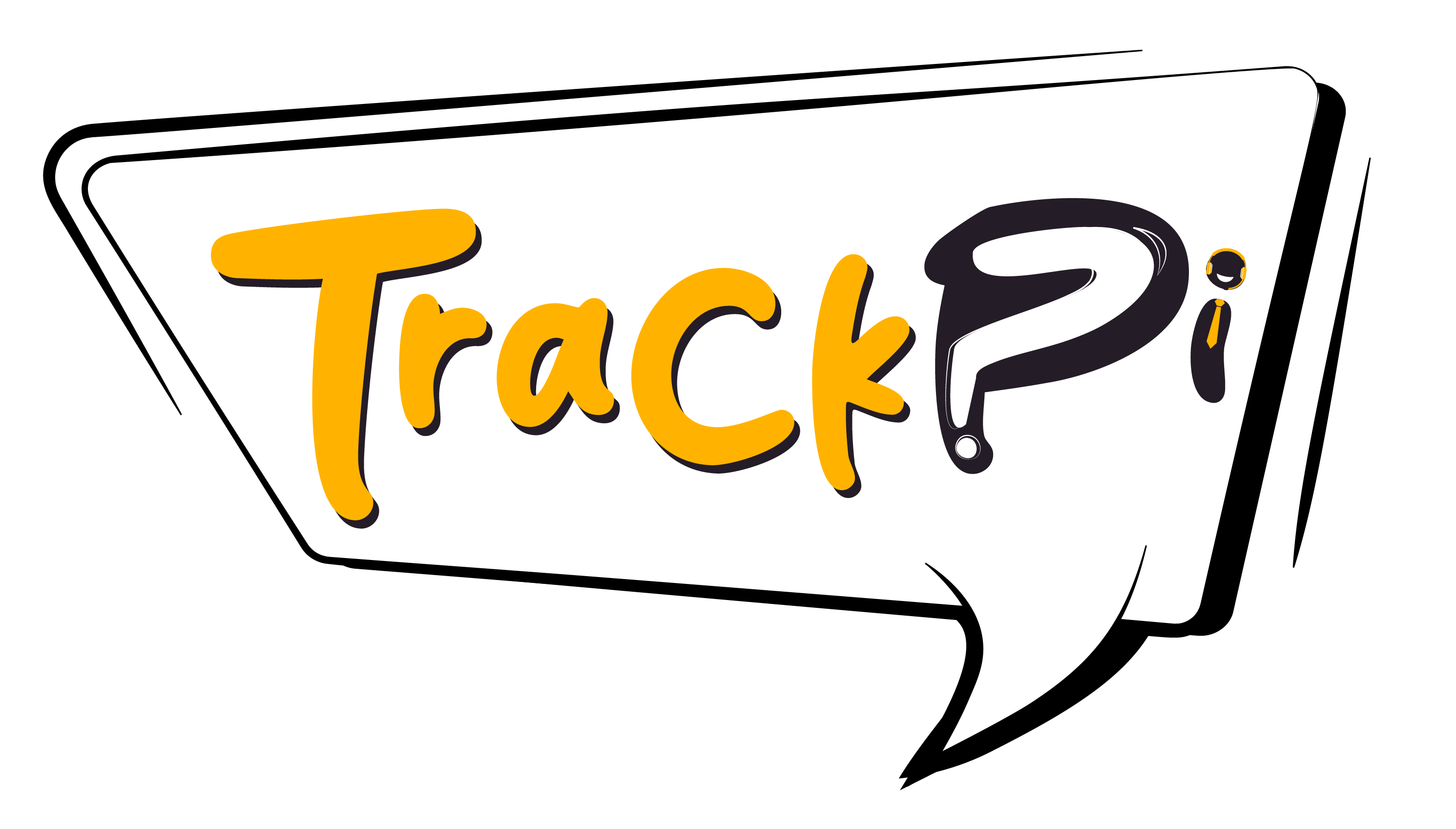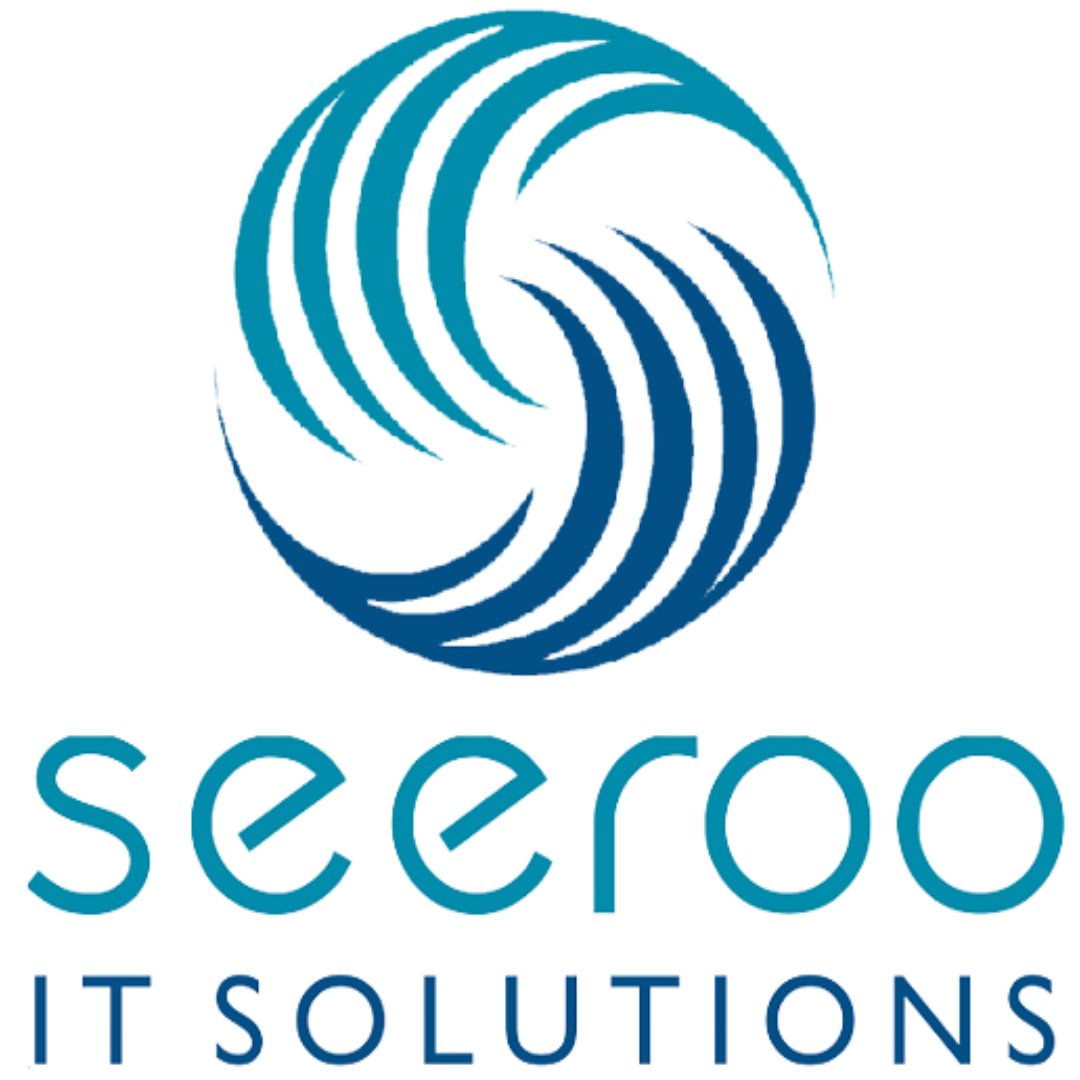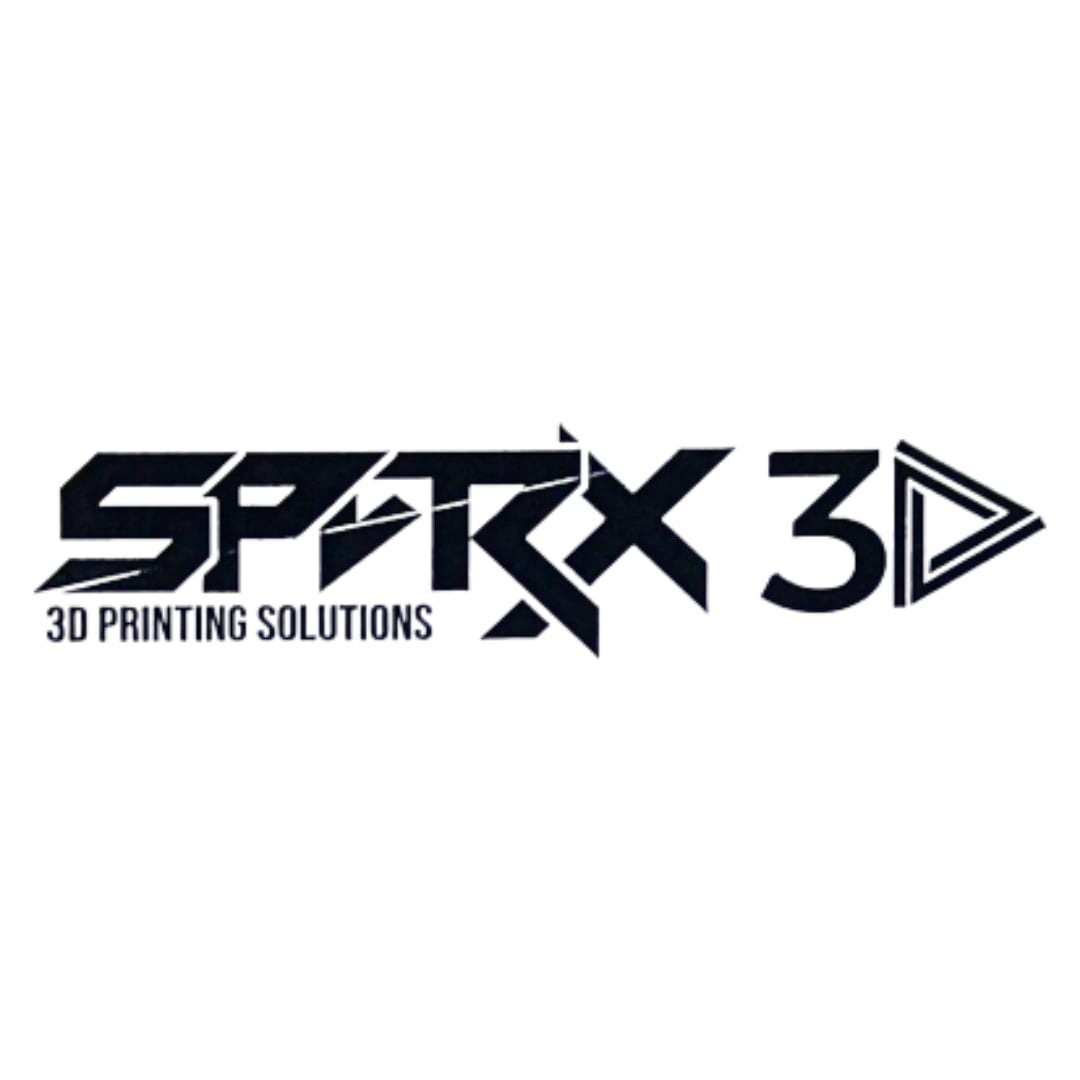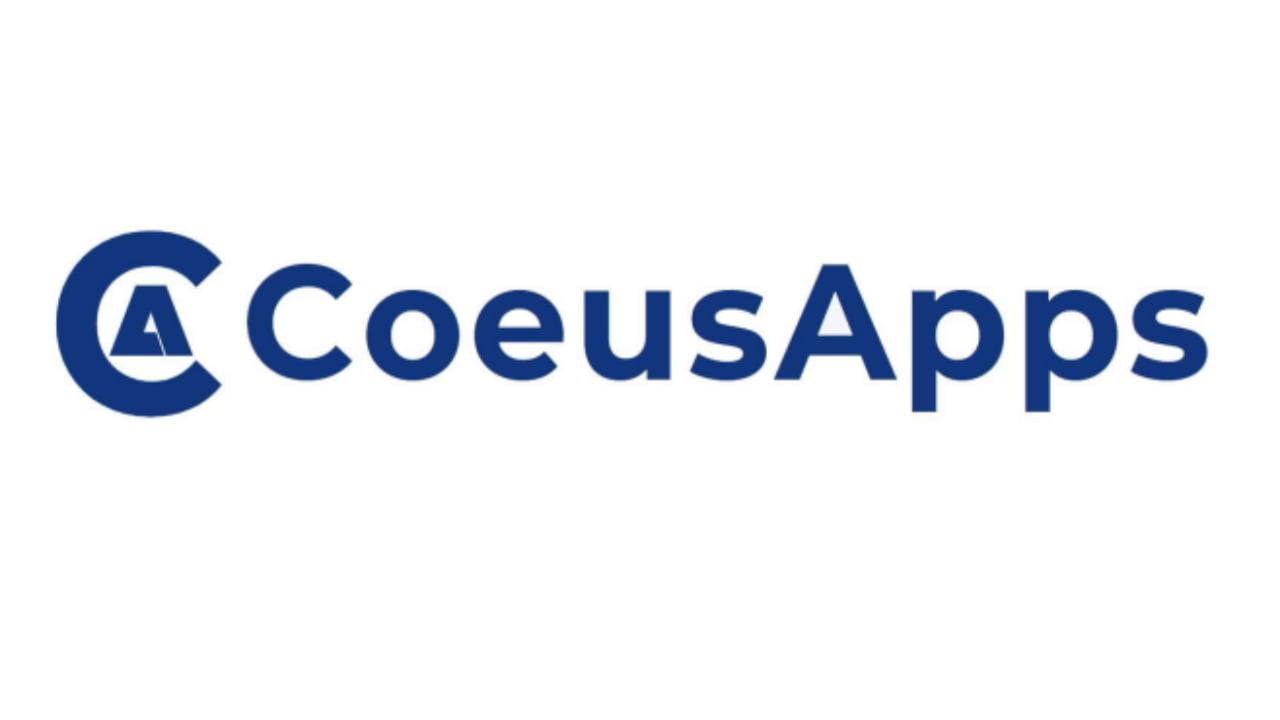Fuel Your Career Growth with Dynamic DevOps Training and Certification
DevOps
Supercharge Your Skills with the DevOps Training program!
Introduction to the course
IT operations and software development are combined to form DevOps. With various training techniques, MindQ’s DevOps training programme seeks to impart information on the fundamentals of all the DevOps tools, such as Git, Ansible, Jenkins, Puppet, Kubernetes, Nagios, and Kubernetes.
Both beginners and experts can benefit from the DevOps course, which focuses on improving participants’ knowledge and proficiency. With licensed and experienced instructors and years of expertise, Techmindz provides the best DevOps course in Kochi. With thorough and current training methods, the course is tailored to satisfy industry standards. To assist our students in gaining practical knowledge, we adhere to and put into practice project-based learning.
Benefits of studying DevOps
Higher Salary: DevOps specialists are in great demand as businesses look for new methods to enhance workflow procedures. People who work in this field should expect to make a good living.
Increase Your Value: Pursuing a DevOps Course in addition to your years of experience is a nice method to stay current in an ever-evolving profession if you are committed to your IT career. You can accomplish more work and give operations better assistance with DevOps automation capabilities.
Future Proof Your Career: More specialised senior-level jobs are anticipated to be created as DevOps continues to change contemporary business technology. DevOps adoption across the sector is also anticipated. This indicates that when companies engage in a DevOps role, there will be plenty of room for internal advancement.
Who can take up the DevOps course?
When you learn DevOps, you will benefit those with a basic knowledge of the fundamentals of Linux. Also, it is better to have an idea of any scripting languages.
Job Outcomes
After completing the Online DevOps course, there are plenty of job opportunities awaiting you, like DevOps architect, DevOps cloud engineer, etc. In terms of compensation and flexibility, DevOps Engineers have some of the highest benefits in the IT industry.
Why Techmindz ?
Here are some of the reasons why we are the best in the industry:
- Backed by NDimensionz, Infopark Kochi is an established multinational corporation.
- Branches in the US, Canada, Singapore, Australia, Dubai and SA.
- An ISO 9001:2015 certified company.
- Affiliated with NACTET, NSDC and KKEM.
- International Accreditation By IAO
- Training led by industry experienced professionals.
- Hands-on training with case studies, assignments, etc.
- Choose from online or Offline classes.
- Access to recordings of all sessions, even offline classes.
- Industry-based project scenarios for practical experience.
- Personalized support from a dedicated placement team.
- Comprehensive interview prep program, including mock interviews and interview questions.
- Master your interview skills with our own AI-based interview tool.
- Located at Infopark Kochi, with access to a network of 650+ tech companies
Contact
Carnival Infopark Phase I, Infopark Rd, Infopark Campus, Kochi, Kerala 682042
info@techmindz.com
DevOps
Bridging the Gap, Accelerating Innovation. Seamlessly Transforming Development and Operations for Agile Excellence.
Course Programs
We at Techmindz have curated the following programs which you can choose and learn at your own pace
SEED PLAN
Duration 4 Months Training
1 Month Live Project
Benefits
- Certified course
- International Certification
- Internship based on PE
- Grooming sessions
- Performance evaluations
- Recorded sessions
- Extra learning sessions
- Weekly assignments
- Main Project
- Free Access to LMS
- Industry relevant assessments
- Experienced Trainers from MNCs
- Mock interviews and Interview specific support
- third party assessment: Pre -Mid -post
- Update on Job vacancy in and around Infopark
GROWTH PLAN
Duration 4 Months Training
1 Month Live Project
3 Months Internship
Benefits
- Certified course
- International Certification
- Confirmed Paid Internship
- Sessions by Industry Experts
- Flexible pricing options
- 24×7 learner assistance and support
- Placement based on PE
- Grooming sessions
- Performance evaluations
- Recorded sessions
- Extra learning sessions
- Weekly assignments
- Main Project
- Free Access to LMS
- Industry relevant assessments
- Experienced Trainers from MNCs
- Mock interviews and Interview specific support
- third party assessment: Pre -Mid -post
- Update on Job vacancy in and around Infopark
SUCCESS PLAN
Duration 4 Months Training
1 Month Live Project
3 Months Internship &
Job Placement
Benefits
- Placement Assistance
- International Certification
- Certified course
- Confirmed Paid Internship
- Sessions by Industry Experts
- Flexible pricing options
- 24×7 learner assistance and support
- Placement based on PE
- Grooming sessions
- Performance evaluations
- Recorded sessions
- Extra learning sessions
- Weekly assignments
- Main Project
- Free Access to LMS
- Industry relevant assessments
- Experienced Trainers from MNCs
- Mock interviews and Interview specific support
- third party assessment: Pre -Mid -post
- Update on Job vacancy in and around Infopark
Syllabus
1) DevOps Methodology
– Assignments
– Overview of DevOps
– DevOps Lifecycle
– Comparison between other development practices
– Introduction to different DevOps tools
2) Cloud Computing with AWS
– Introduction to Cloud Computing
– AWS free tier onboarding
– AWS Management Console
– AWS Regions & Availability Zones
– Introduction to different AWS services
– Identity and Access Management
– VPC (Virtual Private Cloud)
– Elastic Compute (EC2)
– AMI (Amazon Machine Image)
– Cloud Watch (Monitoring)
– EBS, S3, EFS Storage services
– ELB (Elastic Load balancer)
– Auto Scaling
– Route53 (DNS)
– AWS Cost Management
– Questionnaire and Practice test
– Assignments
3) Linux Operating System Story of Linux
– Operating system Installation
– Comparison between CLI and UI
– Introduction to Linux Kernel
– File System Hierarchy
– File Operations
– Disk partitions
– User & Group Administration
– Access & Permission in Linux
– Package Manager
– Process Management
– Mandatory commands
– Wildcards with Linux operations
– Log Management
– Linux booting process
– Questionnaire and Practice test
– Assignments
4) BASH (Born Again Shell) Scripting
– Importance of Scripts
– Difference between programming languages and scripts
– How to start with a BASH script
– Variables
– Arrays
– Wildcards and arguments operations with BASH
– Logging
– Statements
– Loops
– Functions
– Script Debugging
5) Containerization with Docker
– Introduction to containerization
– Transition of virtualization to containers
– Container Engine (Docker)
– Docker Installation
– Container Images
– Run a Docker container
– Build Docker Image
– Container Registry
– Pull/Modify/Publish of Docker images
– Questionnaire and Practice test
– Assignments
6) Container Orchestration with Kubernetes(K8s)
– Introduction to Kubernetes(K8s)
– Overview of K8s
– Master node and It’s Components
– Worker node and It’s Components
– K8s Cluster Setup
– K8s CLI (Kubectl)
– K8s Namespaces
– K8s Pod
– K8s Deployments
– K8s services
– K8s Ingresses
– K8s Secret Management Questionnaire and Practice test
– Assignments
7) GIT Version Control System
– Introduction to Git
– Git Workflows
– Git Installation
– Git Branching
– Trunk Based Development (TBD)
– Git Commands
– Git Merge Requests
– Git Merge Conflicts
– Questionnaire and Practice test
– Assignments
8) CI/CD with Jenkins
– Introduction to CI/CD tools
– Different stages in Continuous Integration (CI)
– Continuous Delivery and Continuous Deployments
– Jenkins Installation
– Jenkins Management console
– Jenkins User & Group Administration
– Jenkins Jobs
– Secret Management
– Jenkins Pipeline
– Sample maven application build and deploy (Fully automated way)
– Questionnaire and Practice test
– Assignments
9) GIT Version Control System
– Introduction to Git
– Git Workflows
– Git Installation
– Git Branching
– Trunk Based Development (TBD)
– Git Commands
– Git Merge Requests
– Git Merge Conflicts
– Questionnaire and Practice test
– Assignments
10) Configuration Management with Ansible
– Introduction to Configuration Management Tools
– Ansible Architecture
– Ansible Installation
– Inventory Management
– Ansible Ad-hoc Commands
– Ansible Variables
– Ansible Playbooks
– Configure hosts by using ansible playbooks
– Ansible Modules
– Ansible Roles
– Ansible with GitOps
– Questionnaire and Practice test
– Assignments
11) Infrastructure Automation with Terraform
– Introduction to Infrastructure as Code (laC) Tool
– Terraform Vs Ansible
– Terraform Architecture
– Terraform Installation
– Terraform configuration
– Terraform commands
– Managing AWS resources with Terraform
– Terraform with GitOps
– Questionnaire and Practice test
– Assignments
Testimonials
FAQ
Q1: What is the validity of my latest DevOps Certification?
DevOps certification provided by Techmindz is for a lifetime.
Q2: Do my certificates allow me to work in any country around the world?
Yes, the DevOps Certifications issued by Techmindz are accepted worldwide. Join Techmindz – the leading DevOps Institute in Kerala that offers you various certification programs.
Q3: Does DevOps Need Coding?
Yes. Applications can be described as a medium for the algorithm, where it tells them what to do. With the code, application won’t exist. The lack of code writing and rewriting would lead to an erroneous application which won’t update changing requirements. Many organizations need DevOps engineers to write codes in Linux, Python, AWS, etc.
Q4: Is DevOps Hard to Learn?
Yes, no, it depends. It’s not more challenging or difficult than any other way of working too. Moving to a DevOps environment may be challenging for you which can be hard. For instance, you probably worked alone and got your job reviews or evaluations at an individual level. But in DevOps you would need teamwork which requires some behavioural adjustments for your career in DevOps to succeed. But the effort will definitely be worth it.
Q5: Is Coding Knowledge Required?
Yes. DevOps require knowledge of coding. This doesn’t mean that everyone who is working in DevOps need coding knowledge. The strength of the team is decided upon its joint effort and it’s the same with DevOps too.
Trusted
Our Students Placed At






















Connect Us
Book Your Free Demo Class
100% Placement Assistance | Admission Fee ₹999



























